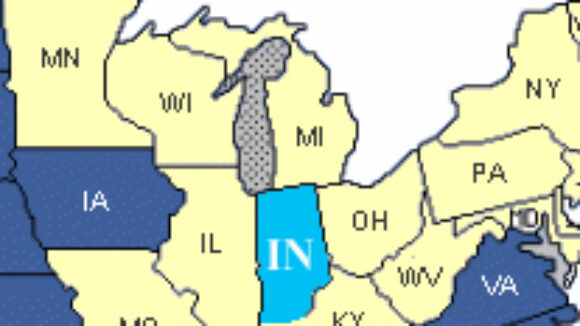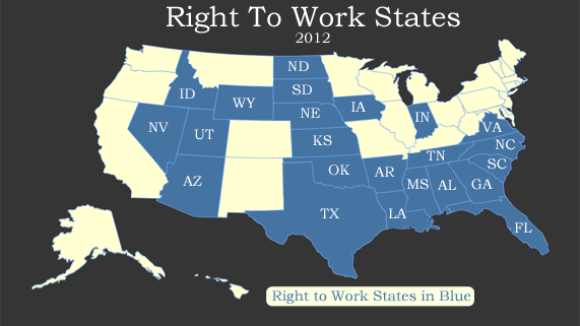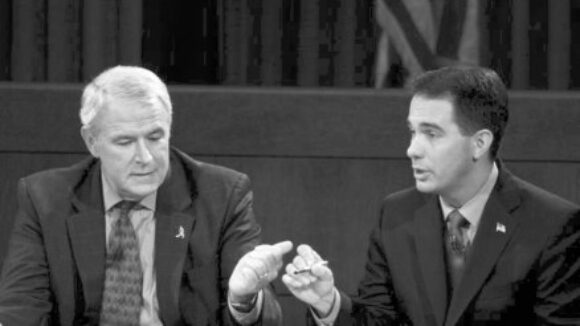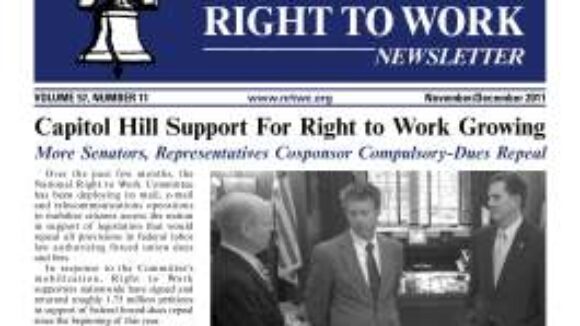Mix: Indiana Rejects Forced Unionism
Writing for the Investor's Business Daily, National Right to Work President Mark Mix summarizes what our victory in Indiana really means: For the past two weeks, Big Labor bosses around the country have had their eyes on the Indiana capitol — watching in horror as the General Assembly passed a right-to-work bill with commanding majorities. The passage of Indiana's right-to-work law is an extraordinarily bitter defeat for the union brass. Less than a year ago, despite the fact that Hoosiers had elected substantial pro-right-to-work majorities to both chambers in 2010, union strategists remained confident they could preserve the forced-unionism status quo. Last year, union bigwigs convinced the entire Democratic caucus of the Indiana House of Representatives to flee the state for five weeks in order to deny the body a quorum it needed to bring up and pass right-to-work legislation. Big Labor clearly believed whatever it lacked in legislative numbers it could make up for in zeal. But polls showed Hoosiers overwhelmingly disapproved of the "fleabagger" tactic, and right-to-work supporters kept turning up the pressure on Republican Gov. Mitch Daniels and GOP legislative leaders to fight back against Big Labor. Thanks to legislation passed after last year's walkout, House members failing to show up to do their jobs when the General Assembly is in session may be hit with $1,000-a-day fines. In the opening weeks of the 2012 session, House Democrats went public about their reluctance to jump over a cliff again for the union hierarchy. Finally, on Jan. 24, House Minority Leader Pat Bauer announced an end to his caucus' boycott of the bill. It passed the next day. Ever since, the caterwauling by Big Labor and its allies has resounded across the state. But what's so bad about a law that merely says an individual shouldn't be forced at the workplace to support financially an organization that he or she doesn't believe acts in his or her interests? Rather than address this question, union propagandists skirt it. Union officials never act contrary to the interests of any employee, they implicitly argue. Any employee who says otherwise they brand as a hypocritical "freeloader"!






